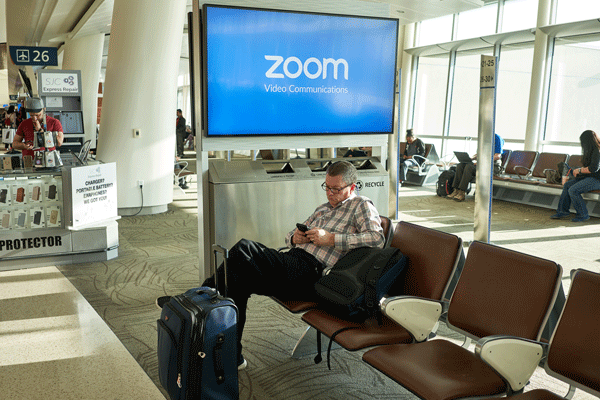
BY KUDZAI KUWAZA
THE recovery of the tourism sector, which has been ravaged by the Covid-19 pandemic, will be predicated upon staving off competition from emerging digital technologies, a local research unit has said.
The Zimbabwe Economic Policy Analysis and Research Unit (Zeparu) said traditional sources of income for hotels and conferencing facilities may permanently be replaced by online conferencing on platforms like Zoom.
It means as organisations switch to cheaper ways of meetings and conferences, the sector will experience reduced revenues.
The tourism sector is reeling from the impact of the Covid-19 pandemic, which has nearly grounded its operations.
The Zimbabwe National Chamber of Commerce has estimated that 25% of jobs in the sector will be wiped out as a result of the scourge.
Tourism minister Mangaliso Ndhlovu told this paper earlier this year that the sector’s capacity had been whittled down to 40%.
Government has set aside $500 million for the revival of the sector.
- Chamisa under fire over US$120K donation
- Mavhunga puts DeMbare into Chibuku quarterfinals
- Pension funds bet on Cabora Bassa oilfields
- Councils defy govt fire tender directive
Keep Reading
This is part of an $18 billion stimulus package by the government to resuscitate businesses that have been hard hit by the impact of Covid-19-induced lockdowns.
In its latest economic report, Zeparu also pointed out that the sector’s recovery would depend on domestic tourism.
“For the foreseeable future, the recovery of the sector will lie in domestic tourism,” Zeparu said.
“Increased uptake of tourism products will rely on the players’ capacity to adhere to Covid-19 health and safety regulations, as well as their capacity to beat the competition from the digital economy that has seen the introduction of substitutes such as online meetings.”
Conferencing activities, which form the backbone of hotel revenues, have been replaced by virtual meetings on platforms such as Zoom.
It also noted that the effective funding and implementation of the National Tourism Recovery and Growth Strategy launched on August 6, 2020 will be pivotal to the revival of the tourism sector.
The strategy targets to achieve an ambitious US$5 billion tourism sector by 2025.
However, the drive to revive the sector through domestic tourism could be hampered by the dwindling disposable incomes for most Zimbabweans who are paid in local currency.
The domestic currency has rapidly lost value since its introduction last year.
The majority of Zimbabweans are struggling to put food on the table and cannot afford to spare any resources for domestic tourism.
Safari Operators’ Association of Zimbabwe chairperson Emmanuel Fundira told our sister paper Zimbabwe Independent recently that the lack of disposable income for the majority of Zimbabweans would hamper the country’s domestic tourism thrust.
“We do not have a middle-class in Zimbabwe. It is either you have it or you don’t.
“Those at the top are very few,” Fundira said.
“Therefore, at the beginning of the campaign to increase domestic tourism, we will not achieve much. It will be a gradual and painful process.”











